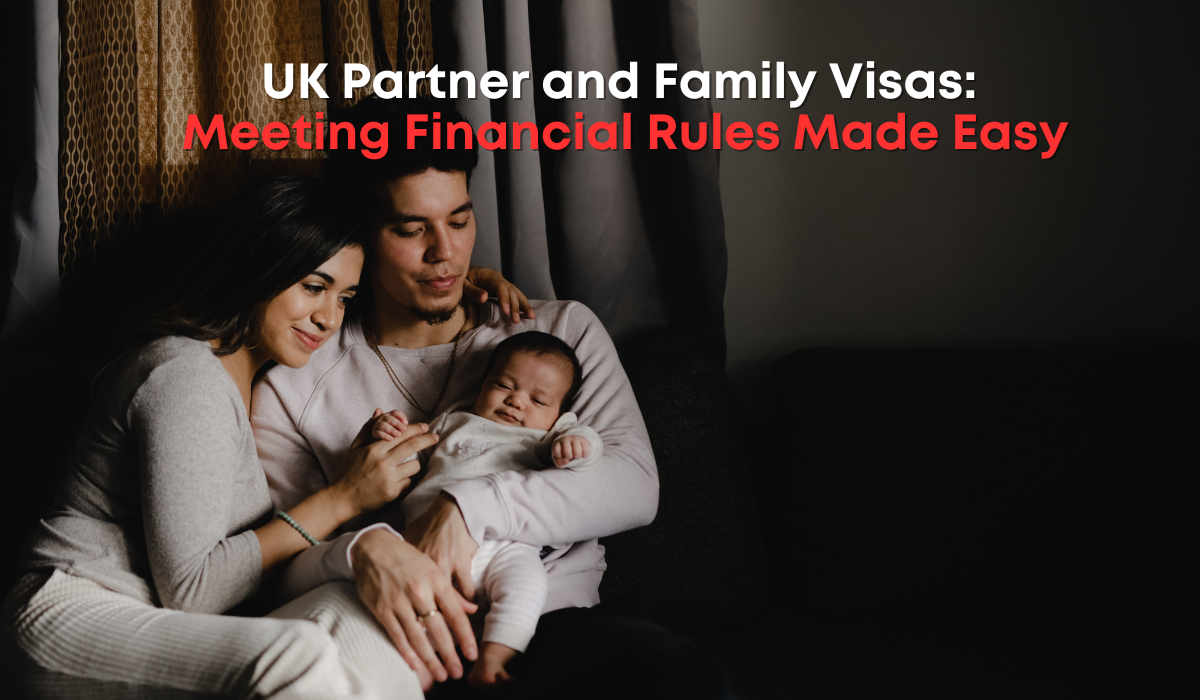The Financial Requirement at a Glance
Currently, the minimum gross annual income required to meet the financial requirement is £29,000. Alternatively, applicants can rely on cash savings, which must total £88,500 if used exclusively. These figures represent a significant hurdle for many applicants, necessitating meticulous planning and documentation.
The financial requirement can be met through various categories of income. Each category comes with distinct eligibility criteria and evidential requirements. Understanding the timeline and proper documentation for each category is critical to ensuring a successful application.
Category A: Salaried and Non-Salaried Employment (6 Months with Current Employer)
Category A applies when the applicant’s partner, or the applicant themselves (if already in the UK with work permission), has been employed by the same employer for at least six months. Salaried employment refers to fixed-rate income, while non-salaried employment includes variable income arrangements such as hourly wages.
Key Requirements:
- The applicant must provide six months of payslips and corresponding bank statements.
- Gross annual salary must meet or exceed £29,000.
- Employment must be continuous with the same employer for at least six months.
If employment with the current employer is less than six months, applicants must consider Category B.
Category B: Salaried and Non-Salaried Employment (Less Than 6 Months with Current Employer)
Category B is designed for those who have not been with their current employer for six months or whose income fluctuates. This category requires evidence of income over the past 12 months.
Key Requirements:
- Gross annual salary at the date of application must meet the threshold.
- Actual income received in the last 12 months must exceed £29,000.
- Evidence includes payslips, contracts, and bank statements.
Returning overseas sponsors can also rely on Category B if they have a confirmed UK job offer starting within three months of their arrival and have earned the required amount in the 12 months prior to application.
Category D: Cash Savings
Cash savings provide an alternative to employment income. To meet the financial requirement through this route, savings must:
- Exceed £16,000.
- Be held in the applicant’s or their partner’s name for at least six months prior to the application.
- Total £88,500 if relied upon exclusively.
Evidence Required:
- Six months of personal bank statements showing the savings.
- Proof of ownership and control of the funds.
Applicants can also combine savings with other income sources to meet the threshold.
Liquidated Investments and Property Sales
Liquidated investments, such as proceeds from shares, bonds, or pensions, can contribute to cash savings. Similarly, funds from property sales can be used, provided the property was owned for at least six months prior to the application. Both scenarios require thorough documentation to trace the funds’ origin and demonstrate compliance with the six-month rule.
Category C: Non-Employment Income
Non-employment income, including rental income from properties owned by the applicant or their partner, can be relied upon. Applicants must:
- Provide evidence of income received during the 12 months preceding the application.
- Show ownership of the property generating the income.
Category E: Pension Income
Pension income is another viable option. Applicants can count income from state, occupational, or private pensions toward the requirement. This income must have been received for at least 28 days prior to the application.
Evidence Required:
- Official documentation confirming pension entitlement.
- At least one bank statement showing payment of the pension.
Categories F and G: Self-Employment Income
Self-employed individuals face distinct evidentiary challenges. Under Category F, income from the last full financial year is considered, while Category G allows reliance on the average of the last two financial years.
Key Points:
- Applicants must provide tax returns, company accounts, and bank statements covering the relevant financial years.
- Evidence must align with HMRC’s fiscal year or the company’s financial year, as applicable.
- Combining self-employment income with other income sources is permissible only if they fall within the same financial year.
Combining Income Sources
Appendix FM-SE permits combining various income sources to meet the threshold, provided they align with timing and evidential requirements. For example:
- Salaried income (Category A) can be combined with self-employment income (Category F) if both fall within the same financial year.
- Savings can supplement employment or pension income.
The 28-Day Rule
Applicants must ensure that financial evidence, or the most recent part of it, is dated no earlier than 28 days before the date of application. This rule applies universally across all income categories.
Reflections and Practical Advice
The financial requirement remains a significant barrier for many applicants due to its stringent criteria and evidentiary demands. Missteps in documentation or timing can lead to refusals, prolonging the process and increasing costs. Applicants are strongly advised to:
- Plan ahead by identifying applicable income categories and gathering required evidence early.
- Seek professional advice if their circumstances involve complex combinations of income sources or overseas employment.
- Regularly review Home Office guidance and updates to ensure compliance with the latest rules.
Meeting the financial requirement for UK Partner and Family visas is a rigorous process, but with careful preparation and expert advice, applicants can navigate it successfully. If you require assistance with your application, consult a qualified immigration solicitor to guide you through the complexities of Appendix FM.
Get in touch: For a comprehensive understanding of your options or queries on UK immigration matters, contact GigaLegal Solicitors at 02074067654 or click here to book a no-obligation consultation with an immigration expert.


